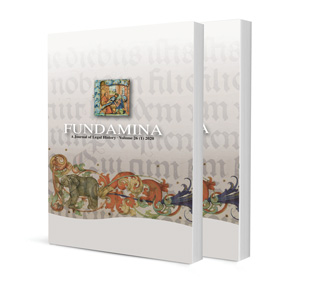
Freedom of the Press in Uganda in the Light of the Drafting History of Articles 29(1)(A), 43 and 41 of the Constitution
Author Jamil Ddamulira Mujuzi
ISSN: 2411-7870
Affiliations: Professor of Law, Faculty of Law, University of the Western Cape
Source: Fundamina, Volume 28 Issue 2, p. 1-42
https://doi.org/10.47348/FUND/v28/i2a1
Abstract
Article 29(1)(a) of the Constitution of Uganda (1995) provides for the right to freedom of speech and expression, which includes freedom of the press and other media. Article 43 provides for the circumstances in which the rights in the Constitution may be limited, including the right to freedom of the press. Article 41 provides for the right of every citizen to access information in possession of the state. In 1989, Uganda embarked on the process of enacting a new Constitution. In this contribution, I demonstrate the drafting history of articles 29(1)(a), 43 and 41 of the Constitution by referring to the report of the Constitutional Commission and the Proceedings of the Constituent Assembly. It is submitted that some of the phrasing of article 29(1)(a) as agreed to by the Constituent Assembly delegates to extend the protection of the right to the freedom of the press was omitted from the final Constitution without explanation. Also, some of the phrasing of article 43 specifically excluded by the Constituent Assembly delegates was included in the final Constitution. This contribution refers to the case law on the right to the freedom of the press and argues that, when dealing with that right, the courts have not clearly explained the two parts under article 43. Since access to information is vital for freedom of the press, this contribution also demonstrates the drafting history of article 41 and refers to cases in which courts have interpreted it.